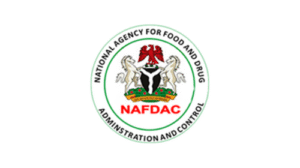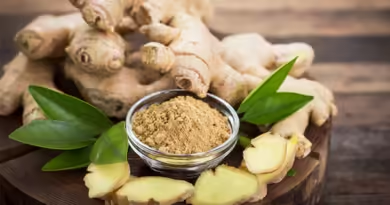CSOs Back NAFDAC as Support Grows for Sachet Alcohol Ban
 CSOs Back NAFDAC as Support Grows for Sachet Alcohol Ban
CSOs Back NAFDAC as Support Grows for Sachet Alcohol Ban
Civil society organisations have declared firm support for the National Agency for Food and Drug Administration and Control as it prepares to enforce the ban on sachet alcohol and other small-volume alcoholic drinks by December 2025. The Network for Health Equity and Development and the Corporate Accountability and Public Participation Africa said the ban is overdue and essential to protect millions of young Nigerians who are increasingly exposed to cheap and potent alcohol.
Their joint statement, issued by CAPPA’s Media and Communication Officer, Robert Egbe, described the policy as a necessary public health intervention. They argued that sachet alcohol has fuelled addiction, domestic violence, road crashes, and various social problems among minors and vulnerable groups. They also said the products have been pushed into communities through aggressive marketing and low pricing, making high-concentration alcohol as easy to buy as snacks.
NAFDAC had explained that the decision to phase out sachet alcohol was part of a broader effort to reduce misuse among youths and drivers. The agency linked the products to worrying rates of school dropouts, violent incidents, and avoidable accidents on highways. It reminded manufacturers that the phase-out notice was issued in 2024 with a long transition period to allow the clearance of existing stock before the final deadline.
ALSO READ : Bible Reading Shapes a More Loving and Generous America
Despite this grace period, some producers continued large-scale production. The pushback grew louder when the Manufacturers Association of Nigeria warned of job losses and investment declines, a claim NHED and CAPPA dismissed as exaggerated. They insisted that the process of producing sachet alcohol is heavily mechanised and does not employ as many workers as the industry claims. They argued that the figures promoted by manufacturers are inflated and part of a global pattern where alcohol and tobacco companies resist regulation by predicting economic collapse.
The groups said the country cannot continue to ignore the rising harm associated with the products. They described the manufacturers’ response as an attempt to frighten regulators and pressure the government into abandoning a life-saving policy.
NHED’s Technical Director, Dr. Jerome Mafeni, said the protection of human lives must come first. He warned that the long-term cost of alcohol misuse is already damaging households and the nation’s economy. He mentioned rising healthcare expenses, reduced workplace productivity, and widespread addiction among young people. He also pointed to the ease with which children access these drinks, sometimes for as low as N100, as a sign that the system has failed to safeguard minors. He condemned manufacturers for prioritising profit over the nation’s well-being.
ALSO READ : Early Care Key to Preventing Clubfoot Disability
CAPPA’s Executive Director, Akinbode Oluwafemi, noted that Nigeria’s decision aligns with global standards aimed at reducing harmful drinking. He said no responsible government allows the marketing of strong alcohol in packages that encourage on-the-go drinking and underage access. He commended NAFDAC for resisting what he described as corporate bullying and for sticking to science and public health principles.
Both organisations appealed to President Bola Ahmed Tinubu and the National Assembly to ignore what they described as industry theatrics. They warned that delaying or weakening the policy would place corporate profit above the safety of more than 200 million Nigerians. They said leadership must remain focused on protecting citizens, especially as Nigeria continues to battle alcohol-related violence, family instability, and preventable deaths.
ALSO READ: Global Christians Call for Zion Pastor’s Release
The groups encouraged the government to accompany the ban with additional alcohol control strategies. They urged stricter marketing rules, clearer product labelling, higher taxes, and national sensitisation campaigns to educate communities on the dangers of excessive drinking. They emphasised that the economic and social burden of alcohol misuse far outweighs any benefits claimed by manufacturers, especially in low-income communities where vulnerable people suffer the most.
They ended their statement by calling the ban a timely and critical measure.
Content Credit: Blessing Dada
Image Credit : Google Search.Com




